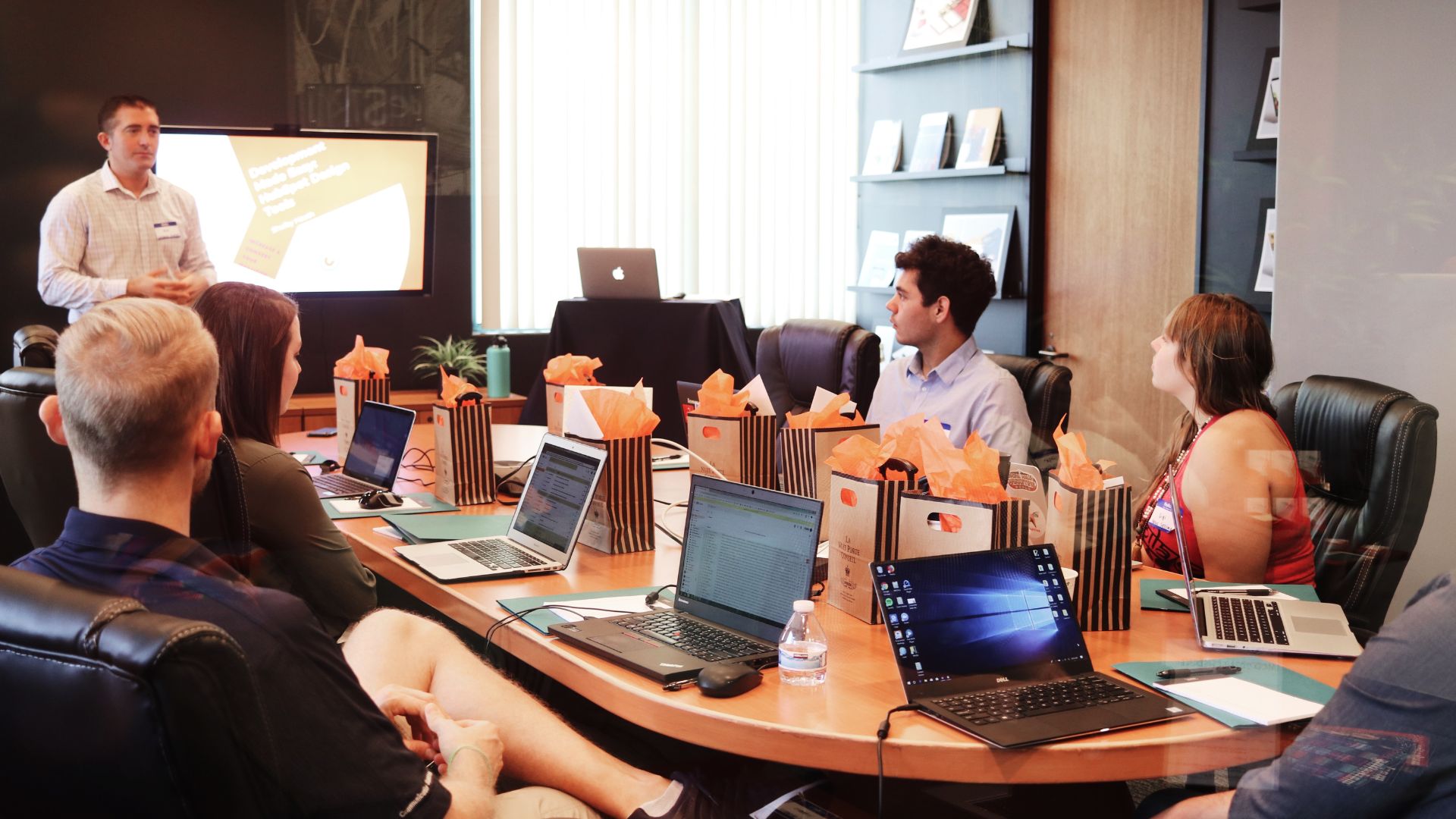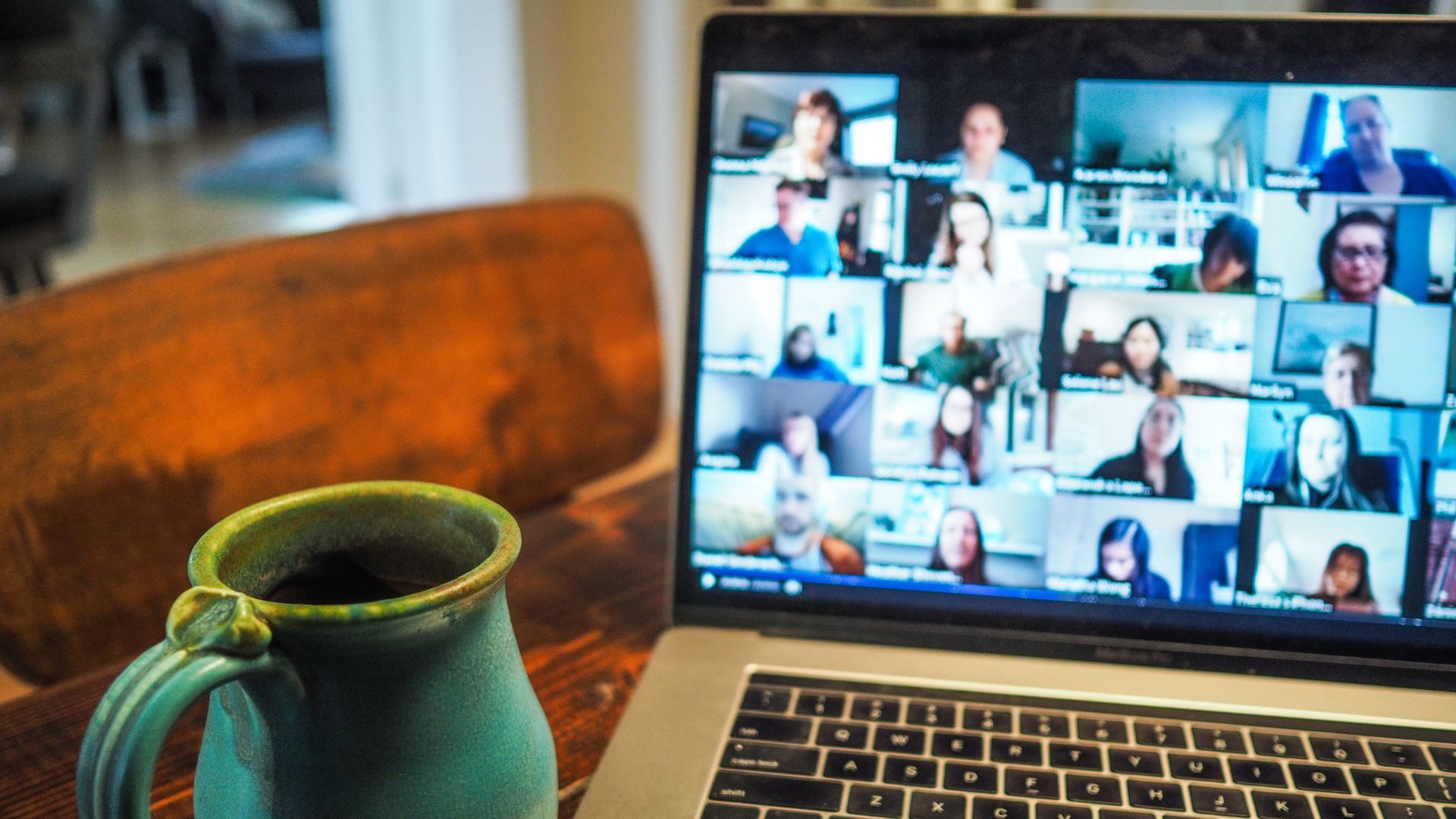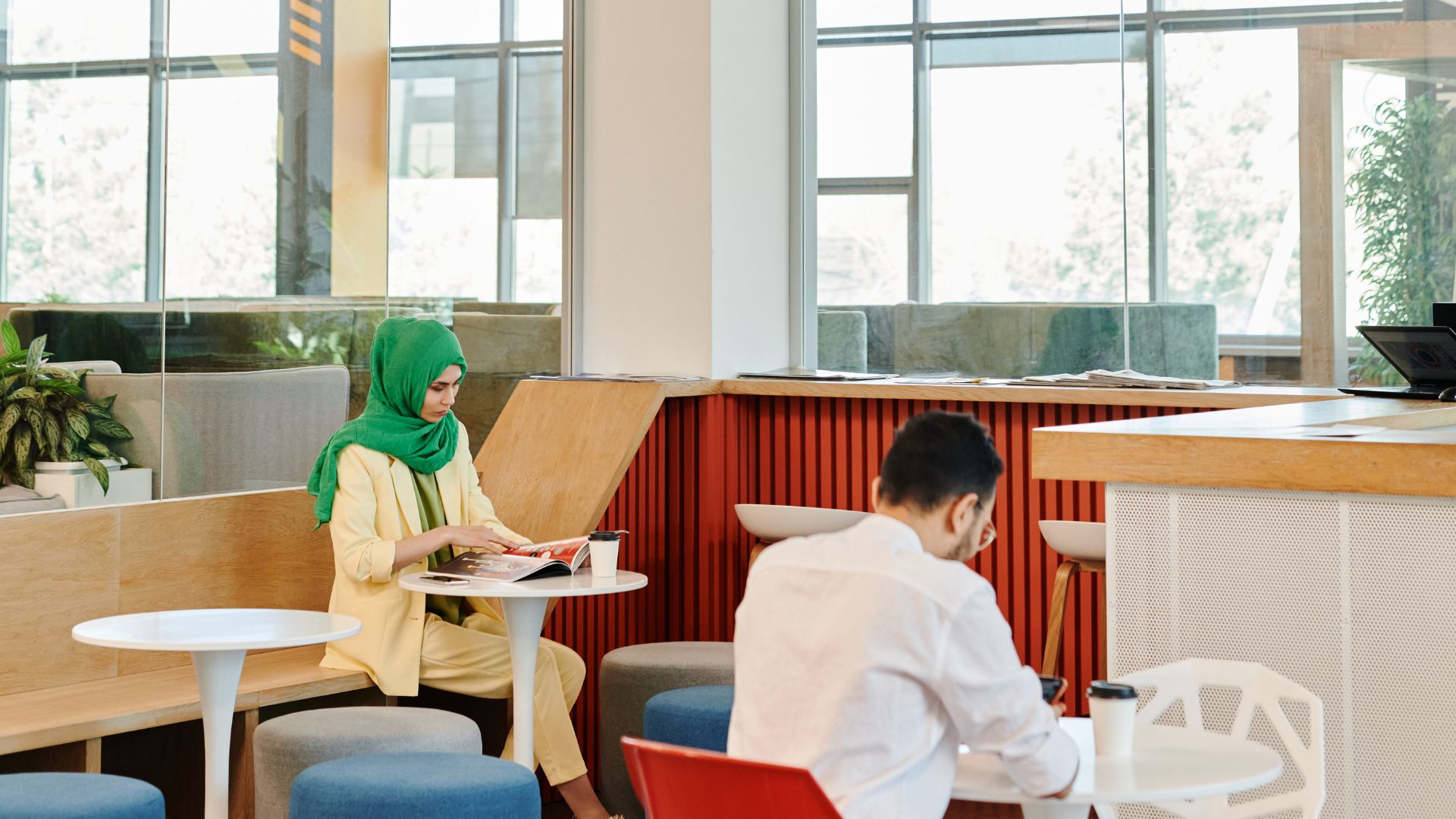Scott Galloway, a professor at New York University, recently made headlines with his remarks on remote work. Speaking at the Wall Street Journal’s CEO Council Summit, Galloway emphasized the importance of leaving the house to achieve professional and personal success.
This stance has sparked varied reactions, initiating a broader conversation about the evolving dynamics of work and social engagement in the post-pandemic world.
Galloway’s Assertion

At the summit, Galloway, known for his dynamic teaching style and co-hosting the Pivot podcast, expressed a view that young people should minimize the time spent at home to succeed.
He suggested that homes should primarily be places of rest, emphasizing the benefits of external engagements for holistic development. This view, though controversial, opened avenues for discussions on balancing work, social life, and mental well-being.
Public Response

The professor’s comments didn’t go unnoticed, especially among younger generations active on platforms like TikTok. A plethora of responses emerged, many opposing Galloway’s view.
The discourse revolved around the economic implications of stepping out, the evolving work culture, and the necessity or lack thereof, of physical presence in workplaces for productivity and professional growth.
Economic Considerations

Financial constraints were a significant focus among those who countered Galloway’s perspective. For many, the costs associated with leaving home, including commuting and other expenses, were seen as untenable.
The debate highlighted an ongoing struggle where individuals find it economically prudent to leverage remote work to manage and mitigate daily living expenses, thus preserving financial health.
The Shift to Remote Work

Amidst the debate, data shows a substantial portion of Americans have adopted remote work. With big corporations recalling their employees, there is a discernible tension between the traditional office setup and the emerging home office trend.
This tension underscores a transitional phase where businesses and employees alike are navigating the optimal balance between remote and physical work settings.
Mental Well-Being Concerns

Galloway’s comments also touched on the mental health aspects associated with extended home stays. While he linked professional and romantic success to social interactions outside the home, critics argued that mental well-being is multifaceted.
The debate expanded to include the psychological impacts of both traditional and remote working environments, each presenting its unique set of challenges and benefits.
The Role of Technology

Technology’s role in facilitating remote work and social interactions is undeniable. Critics of Galloway’s views pointed to the digital tools enabling efficient remote work and social connections.
Online platforms have not only bridged gaps in professional collaborations but also fostered social interactions, reducing physical boundaries and offering alternatives to traditional face-to-face engagements.
Studies on Productivity

Research institutions and universities have explored the impacts of remote work on productivity. One study indicated potential impacts on collaboration and on-the-job learning due to reduced peer interactions.
However, a proposed hybrid model could potentially bridge this gap, combining the flexibility of remote work and the collaborative benefits of physical interactions, suggesting a middle ground.
Generational Perspectives

Galloway’s remarks sparked a unique unity between millennials and Gen Z, as noted by a BuzzFeed article. Both generations, though distinct, shared common grounds in their responses.
The convergence of views underscores the multifaceted nature of the debate, which goes beyond generational gaps to include economic, psychological, and technological dimensions that shape perspectives on work and social engagement.
Future Projections

By 2025, projections suggest a significant rise in Americans working remotely. This statistic signifies a growing acceptance and integration of remote work into the mainstream.
Yet, as businesses and individuals navigate this terrain, questions regarding productivity, social interactions, and mental well-being continue to permeate discussions, indicating that the conversation is far from over.
The Hybrid Model

The concept of a hybrid work environment, combining remote and in-office work, has gained traction. This model promises a balanced approach, accommodating the need for both professional collaborations and individual flexibility.
It stands as a potential resolution, embodying adaptability and responsiveness to the diverse needs and challenges emerging in the contemporary professional landscape.
An Ongoing Dialogue

Galloway’s perspective, amidst the varied reactions it elicited, underscores an ongoing dialogue about the future of work. The multifaceted nature of this debate involves economic, social, and psychological considerations, and continues to evolve with technological advancements and changing societal norms.
It highlights a dynamic landscape where adaptability and diverse perspectives shape the contours of professional and social engagements.
